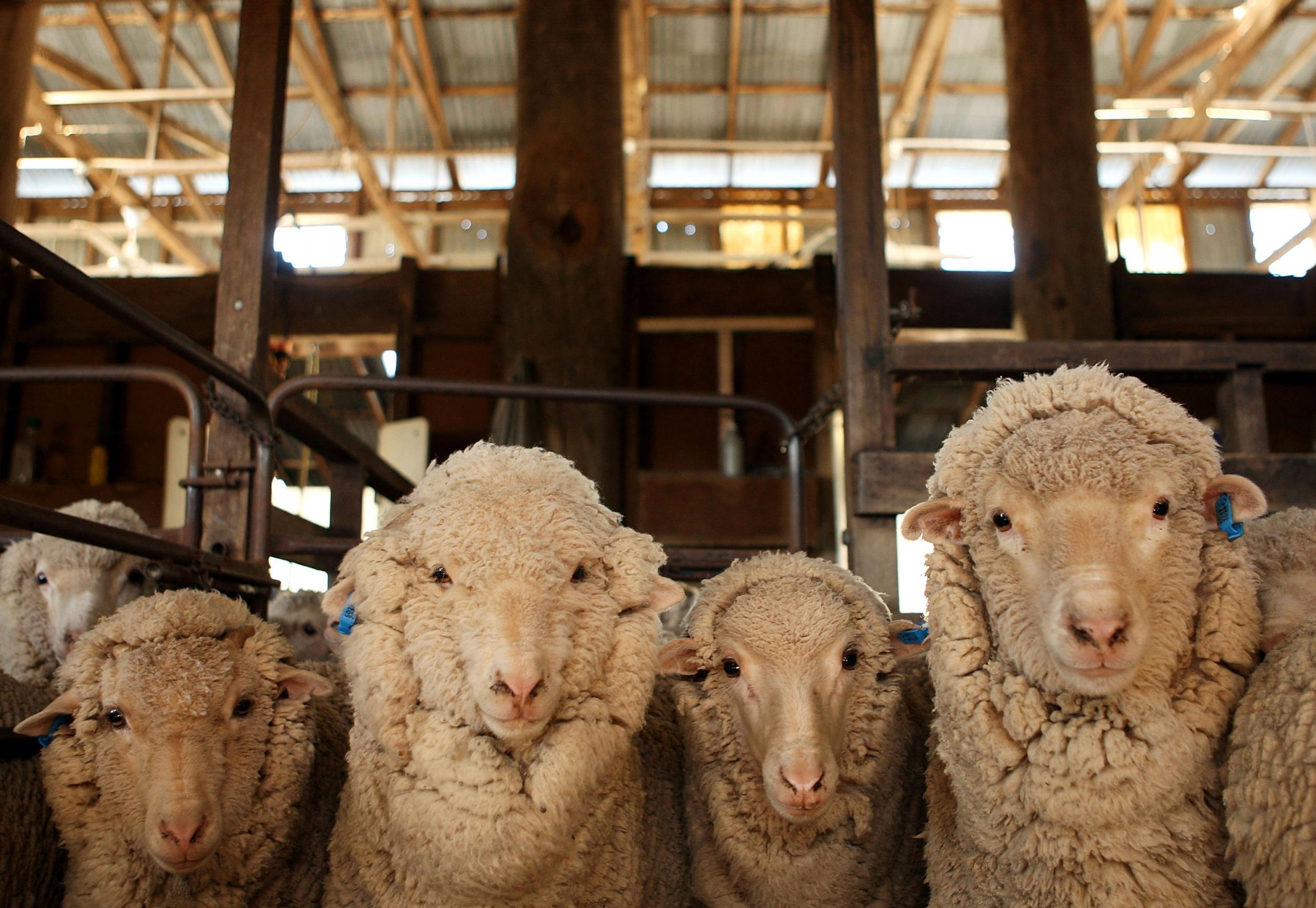US scientists create 'human-animal hybrids' by growing human organs inside sheep and pigs
The technology could one day be used to save the lives of people waiting for organ transplants

US scientists are growing human organs inside farm animals like sheep and pigs, in research that could one day save the lives of people in need of organ donations.
According to the MIT Technology Review, around 20 animals have been impregnanted with human-animal hybrids at a number of universities in the last year.
None of the hybrids have been born, but the technology used to create them is currently in development.
The 'chimeras' are created by injecting human stem cells into an animal embryo. These embryos are then implanted into a pig or a sheep. Researchers manipulate the stem cells inside the embryo in the hope that they will grow into a human organ of their choosing, which can be taken from the animal and implanted into a human.
People in need of organ transplants can wait years for the operation, due to demand far outstripping the the number of donors
Those awaiting kidney transplants in the UK spend on average two to three years on the waiting list, undergoing the disruptive process of dialysis during that period.
But thanks to the work of researchers at several institutions in America, human organs could one day be grown on demand inside animals, eliminating long waiting lists and saving lives.
The science is potentially revolutionary, but also controversial, with some expressing concerns over the potential ethical dangers of creating hybrids.
Last year, the National Institutes of Health (NIH), the biomedical research agency of the US Government, said it would no longer support studies which involved these hybrids until the scientific and social implications had been looked at more carefully.
Regardless, the experiments continue, due to the potential impact of the work - however, no scientific paper formally describing the studies has been published.
Currently, all the hybrid embryos have had very small amounts of human cells inside of them, and have only grown to be a few centimetres long, being terminated long before coming anywhere close to their usual term.
However, some scientists see a problematic future for the technology, as biomedical advances bump up against ethics in a more dramatic way.
Speaking to the MIT Technology Review, Pablo Ross, a biologist at the University of California said: "My view is that the contribution of human cells [to the hybrids] is going to be minimal, maybe three per cent, maybe five per cent."
He added: "But what if they contributed to 100 percent of the brain? What if the embryo that develops is mostly human? It’s something that we don’t expect, but no one has done this experiment, so we can’t rule it out."
NIH ethicist David Resnik echoed this scenario during an agency meeting in November - although the technology isn't quite there yet, he said, "science moves fast."
He added: "The specter of a intelligent mouse stuck in a laboratory somewhere screaming 'I want to get out' would be very troubling to people."
Join our commenting forum
Join thought-provoking conversations, follow other Independent readers and see their replies
Comments
Bookmark popover
Removed from bookmarks